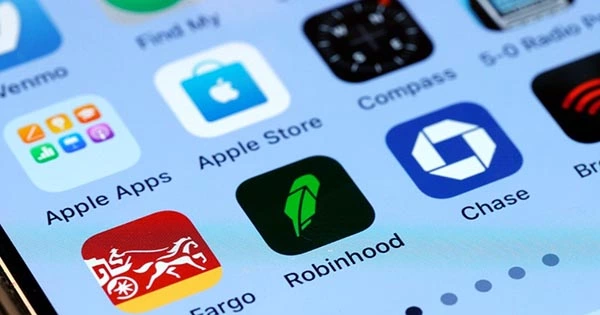Epic Games refutes Apple’s argument that the security of the iPhone would be jeopardized by third-party app shops in a recent court filing. Additionally, it uses Apple’s macOS as an illustration of how the act of “sideloading” software, or installing them outside of Apple’s own App Store, may not be as dangerous as Apple claims. According to Epic, Apple’s Mac doesn’t have the same restrictions as the iOS operating system for iPhones, despite the fact that Apple promotes macOS, the operating system used in Mac computers, as being safe. These and other arguments were included in the most recent brief submitted by the Fortnite developer from Cary, North Carolina, in its continuing legal dispute with Apple over control of the App Store.
In order to cease paying Apple commissions for the right to distribute its game to iPhone users, Epic Games wants to gain the right to provide Fortnite to iPhone customers outside the App Store, or at the very least, be able to use its own payment processing system. In the Epic Games v. Apple district court lawsuit, a California judge found in September that Apple did not own a monopoly in the pertinent industry, which involved digital mobile gaming transactions. However, the court ruled that Apple could not stop developers from including links for alternative payments inside their applications that directed users to other payment methods other than Apple’s own App Store-based monetization scheme.
Even though Apple mainly hailed the judgment as a success, both parties appealed it because Apple didn’t want developers to be allowed to recommend other payment methods to their consumers and Epic Games wanted another chance to obtain the ability to distribute apps through its own games store. After Apple appealed the district court’s decision, Epic submitted its appeal reply and cross-appeal response brief on Wednesday. The game developer claims in the most recent document that Apple misled the lower court on several areas, leading it to draw incorrect conclusions. Numerous of its recommendations concern how the district court construed the law.
Additionally, it highlights the crucial allies Epic now has on its side, including Microsoft, the Electronic Frontier Foundation, the attorneys general of 34 states, as well as the District of Columbia, who have all submitted papers in favor of Epic’s appeal to the Ninth Circuit Court of Appeals. One of Epic’s main arguments, however, is on the security paradigm of the Mac and how it differs from the iPhone. According to Epic, if Apple can permit sideloading on Mac computers while still claiming that those devices are safe, it can undoubtedly do the same for iPhones.
According to Epic’s latest filing, “Apple depends on security protections imposed by the operating system rather than the app store” for macOS. Additionally, “notarization” software examines programs before returning them to the developer for distribution. According to the report, the lower court even concluded that Craig Federighi, head of software engineering at Apple, had exaggerated the reality when he said that macOS had a “virus problem.” The author of Epic then cites instances of Apple’s own security-related marketing, in which the company claims that “software from both the App Store and the internet” may be “installed worry-free.”
Apple has argued against using the same approach for the iPhone because doing so would need rewriting how its software functions, among other things, including what it claims would be worse security for end users. Apple has been warning about being compelled to open up the iPhone to third-party app stores, as the bipartisan Open App Markets Act and other foreign rules would require, as app store legislation targeting tech titans has continued to advance in Congress. According to Apple, requiring sideloading violates its pro-consumer privacy policies.















